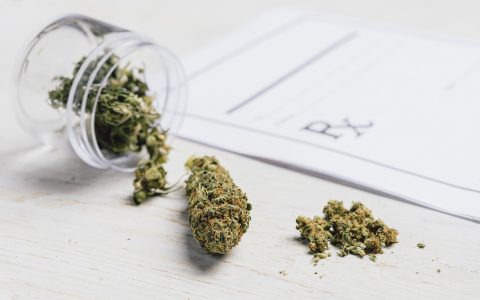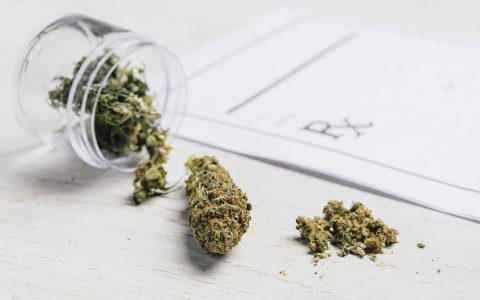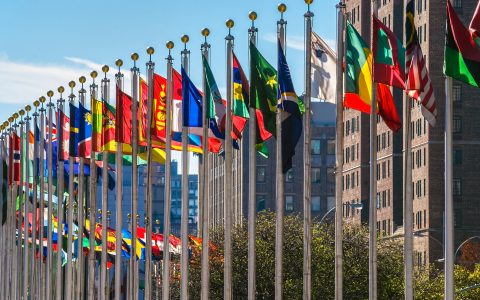International drug treaties have long stood in the way of cannabis reform on the national level. But in newly issued recommendations, the World Health Organization (WHO) says it’s time to change course on how the United Nations categorizes cannabis.
It’s the latest sign that the world is warming to the health benefits of a plant that for decades has been dismissed as a dangerous drug. Reform advocates around the globe were quick to cheer the news.
“This is the best outcome that WHO could possibly have come up with,” said Kenzi Riboulet Zemouli, the head of research at For Alternative Approaches to Addiction Think & Do Tank (FAAAT), a Paris-based drug policy nonprofit. In a statement, Riboulet Zemouli called the recommendation “a beginning of a new evidence and health-oriented cycle for international Cannabis policy.”
The WHO recommendations call for cannabis and its chemical components to be rescheduled under international drug agreements. They advise that whole-plant cannabis as well as cannabis resin be deleted from the most restrictive category (Schedule IV) in a 1961 international drug convention.
(Unlike the US Controlled Substances Act, which labels the most-restricted drugs “Schedule I,” the UN treaty defines Schedule IV as its most-restricted category and Schedule I the least-restricted.)
The recommendations came in a Jan. 24 letter from WHO Director-General Dr. Tedros Adhanom Ghebreyesus to the secretary-general of the United Nations, António Guterres. The letter has not officially been made public, but drug reform advocates circulated it Friday. The complete letter is embedded below.
If the recommendations are adopted, cannabis and its resin would instead be designated as least-harmful, Schedule I substances under the UN treaty. Delta-9-tetrahydrocannabinol (THC) and its isomers would also be moved to Schedule I of the treaty.
Extracts and tinctures of cannabis would be removed from Schedule I of the 1961 treaty. Pharmaceutical preparations that contain THC would be placed in Schedule III.
The recommendations also echo prior WHO conclusions that pure cannabidiol (CBD) shouldn’t be scheduled at all under international drug conventions, recommending the addition of a provision that would read: “Preparations containing predominantly cannabidiol and not more than 0,2 percent of delta-9-tetrahydrocannabidiol are not under international control.”
In the US, the Food and Drug Administration has issued similar advice, suggesting last year in an internal letter that CBD “could be removed from control” under the Controlled Substances Act. Drug Enforcement Administration officials, however, reportedly advised that the 1961 UN convention would stand in the way of federal CBD de-scheduling.
Adoption of the WHO recommendations could open the doors to further US reforms around CBD. While products containing the cannabinoid are widely available online and at stores throughout the country, their legality is still uncertain.
As for how the recommendations would affect the treatment of THC, well… that’s less clear. Longtime cannabis legalization advocate Tom Angell writes at Forbes that the upshot would be more political than practical:
The practical effects of the changes would be somewhat limited, in that they wouldn’t allow countries to legalize marijuana and still be in strict compliance with international treaties, but their political implications are hard to overstate.
Taken together, recommendations, if adopted, would represent a formal recognition that the world’s governing bodies have effectively been wrong about marijuana’s harms and therapeutic benefits for decades. WHO’s new position comes at a time when a growing number of countries are moving to reform their cannabis policies. As such, a shift at the UN could embolden additional nations to scale back or repeal their prohibition laws—even though legalization for non-medical or non-scientific reasons would still technically violate the global conventions.
For now, the recommendations are precisely that—advice, which has yet to be adopted. The proposals will now go to the UN’s Commission on Narcotic Drugs, where member nations will vote on whether or not to accept them. It remains unclear how the US will vote.















